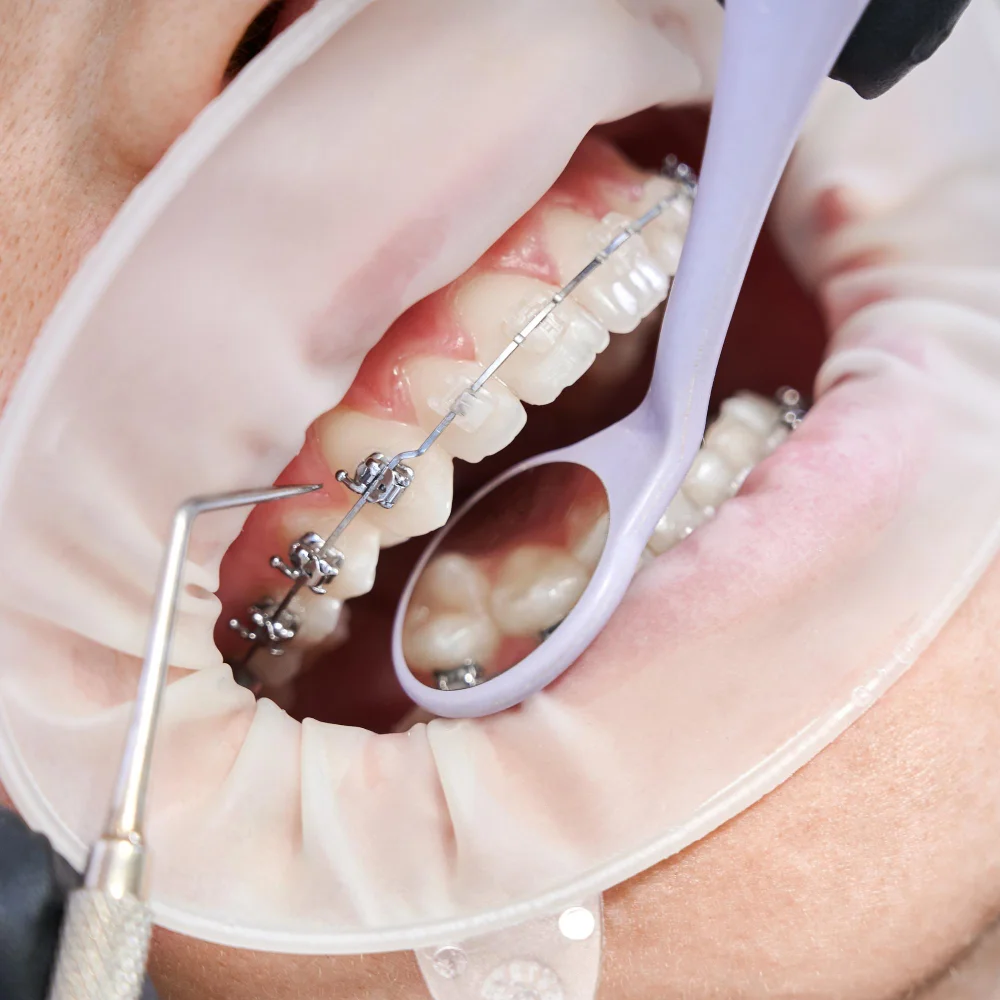Maintaining oral health requires proactive care and preventive measures. Regular dentist appointments are a key practice in preserving teeth and preventing tooth loss. Here is more information on the connection between routine dental visits and minimizing the risk of tooth-related issues:
Early Detection of Dental Problems
One of the significant advantages of regular visits to a dentist is the early detection of potential dental issues. Dentists perform thorough exams during routine checkups, identifying concerns early. These include problems such as tooth decay, gum disease, or fractures before they escalate into more severe issues. Catching these conditions in their early stages allows for treatment that minimizes further damage and reduces the likelihood of losing teeth.
Conditions such as periodontitis, an advanced form of gum disease, can develop without noticeable symptoms in its initial phases. Dentists use specialized tools to identify early signs, including gum recession, pocket depth measurements, or minor inflammation that may go unnoticed. Intervening early through medications or minimally invasive procedures prevents these conditions from advancing to a point where they contribute to tooth loss.
Regular exams also include oral cancer screenings. Though rare, oral cancers can jeopardize surrounding teeth if undiagnosed. Early identification through dental checkups significantly increases the opportunity for effective treatment, safeguarding the long-term health of the teeth and gums.
Professional Cleaning and Plaque Control
Plaque plays a major role in tooth decay and gum disease. Despite diligent home care routines, such as brushing and flossing, plaque and tartar can accumulate in areas that are hard to reach with everyday tools. Professional dental cleanings help eliminate this buildup, reducing the risk of inflammation and infections that can lead to tooth loss.
Dental hygienists use scaling tools to remove tartar deposits from the tooth surfaces and below the gumline. This process prevents bacteria from penetrating deeper into the gums, eliminating additional risk factors. Cleanings also polish the teeth, removing surface stains and leaving them feeling smoother, which can slow future plaque accumulation.
By attending cleaning appointments regularly, patients can maintain overall gum and bone health. Healthy gums form a strong base that supports and stabilizes the teeth in their sockets. Preventing gum disease through cleanings reduces the likelihood of teeth loosening and eventual tooth loss.
Comprehensive Oral Health Planning
Dentists create personalized plans for maintaining oral health based on a patient’s specific needs. These plans often include detailed recommendations for home care, dietary adjustments, and professional treatments to reduce risk factors. For patients who grind their teeth (bruxism), dentists might recommend custom night guards to prevent damage to the enamel and underlying tooth structures. Similarly, those with dry mouth can be guided on managing saliva levels to protect against decay.
Patients with early signs of gum recession or bone loss may benefit from interventions such as scaling and root planing or fluoride treatments. These procedures strengthen vulnerable areas and halt the progression of conditions that could compromise the teeth. Dentists can also address alignment issues by suggesting orthodontic solutions that evenly distribute bite forces, reducing stress on individual teeth.
Find a Qualified Dentist
Regular dentist visits play a significant role in preventing tooth loss by catching problems early, addressing plaque buildup, and providing tailored long-term care. These appointments go beyond addressing isolated concerns by enabling a comprehensive approach to oral health. Make routine dental checkups a priority to preserve your smile and overall oral health.









